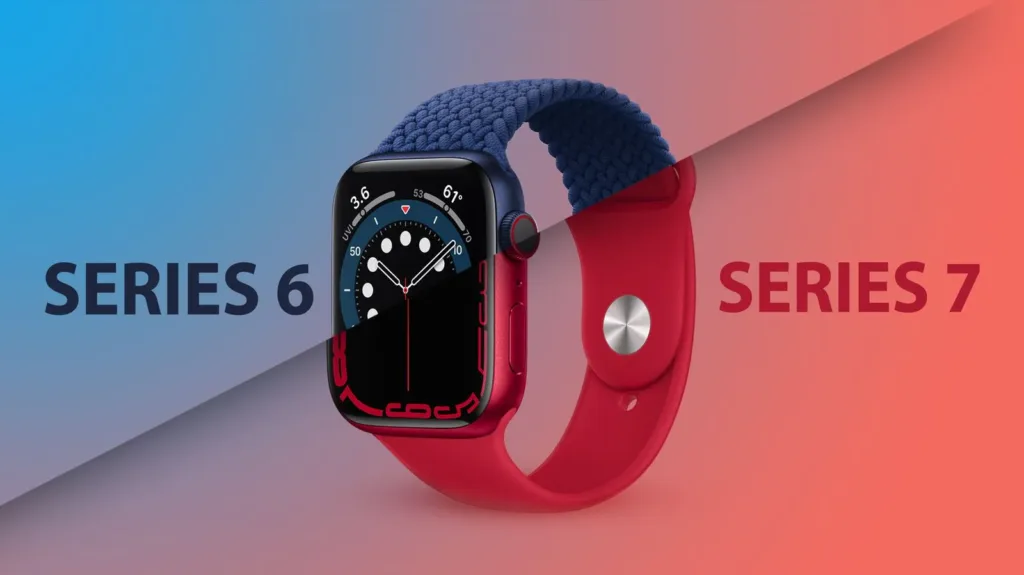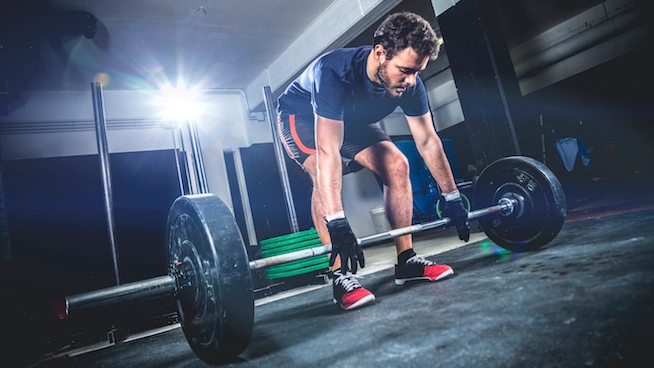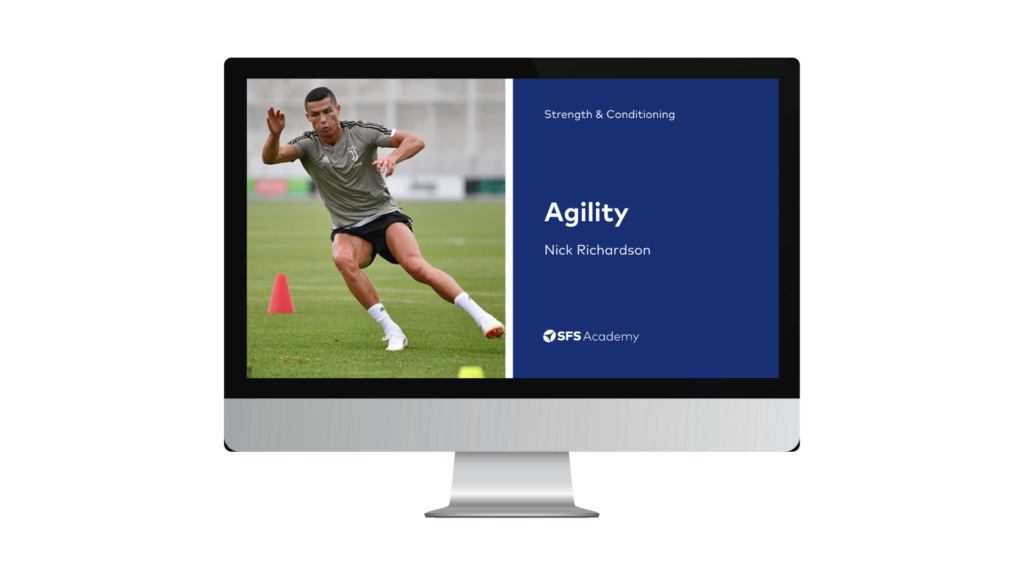This week in the world of sports science, here’s what happened…
- How to avoid lower back pain from RDL’s
- Does magnesium glycinate help you sleep?
- Is the Apple Watch accurate at heart rate tracking?
How to avoid lower back pain from RDL’s
The Romanian Deadlift (RDL) is a fantastic hamstring exercise for posterior chain development. However, it is commonly performed incorrectly, potentially leading to lower back pain. Last week, Matt Casturo of The Movement System released an excellent video clip on the correct technique of the RDL.
The video details the importance of the knee position and shin angle relative to the ground during the RDL. Failure to keep the knees stable and having a negative shin angle during the RDL can cause the lower back to take the brunt of the load rather than the hamstrings and glutes, which we don’t want!
This video is well worth checking out and will help your ability to effectively perform and/or coach the RDL.
Does magnesium glycinate help you sleep?

Magnesium glycinate is rapidly becoming popular as a sleep supplement. The #magnesiumglycinate has amassed more than 110 million views just on TikTok. So, does it really help you sleep?
Unfortunately, a recent article on magnesium and sleep ultimately ruled most evidence to be anecdotal. However, the article did state “magnesium glycinate can help alleviate depressive symptoms and by extension, the same mechanism could potentially improve overall sleep quality”. It is also worth noting that a scientific review last year showed magnesium can improve sleep quality, but far greater research is needed.
So, what’s the final verdict on magnesium glycinate helping you sleep? Let’s sit on the fence and wait until much more concrete scientific evidence is published.
Is the Apple Watch accurate at heart rate tracking?

Apple Watches are one of the most popular devices exercisers use to monitor and track progress. Consumers assume their devices are going to be accurate. However, those of us from a strength and conditioning/sports science background will always seek scientific evidence to prove the reliability and validity of a device!
A new study just published investigated the validity of the Apple Watch Series 6 and 7. The study recruited 24 male collegiate football players and 20 recreationally active young adults. Participants took part in a treadmill-based exercise session, at varying speeds and intensities, while wearing Apple Watches. The participant’s heart rate was also monitored by ECG and Polar H-10 heart rate monitors.
The study found both series of the Apple Watch to be valid in tracking heart rate. However, as the speed increased the Apple Watches became slightly less valid. Therefore, the Apple Watch Series 6 and 7 can be a highly effective heart rate tracking device at rest and at low to moderate exercise intensities.
From us this week:
>> New course: The Demands of Women’s Football
>> New podcast: Why Data Visualisation Can Be The Key To Unlocking Elite Performance
>> New infographic: Curcumin Supports Recovery in Elite Soccer Players
>> New article: Cold Water Immersion
Access to a growing library of sports science courses
SFS Academy is an all-access membership to premium sports science education.
With SFS Academy, you’ll learn from some of the best coaches around the world as they teach you how to apply the latest research and practice with your athletes.
Get instant access when you join today on a 7-day free trial.
I hope you enjoyed this week’s roundup of the hottest sports science news, and as always, we’ll be back next week with more to keep you at the forefront of the industry.



